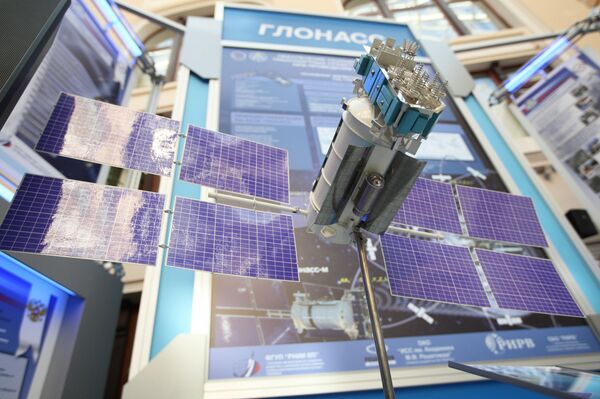The BLITS-M retroreflector satellite will be launched together with three Gonets-M communications satellites using the Rokot carrier rocket, scheduled to take off from the Plesetsk Cosmodrome on December 25.
The BLITS-M satellite is an improved version of the Russian BLITS (Ball Lens In The Space) satellite. It is a glass sphere designed to obtain satellite laser ranging (SLR) data related to geophysics, geodynamics, and relativity.
It will also be used to increase the accuracy of the Russian GLONASS navigation system, calibrate various radio systems in orbit and help determine Earth’s rotation parameters and the precise characteristics of our planet’s gravitational field.

Earlier un November, first deputy general director of the Gonets company Oleg Khimochko said that Russia would have deployed 28 satellites by 2024 which would comprise the country's orbital communications system.
"Within the framework of the next-generation Gonets system, we also plan to provide telephone-communication services on the Russian territory. We believe the implementation of this goal would be very much important and timely, taking into consideration that foreign companies, such as Iridium, Globalstar, Inmarsat and Thuraya, are currently chiefly presented in the Russian market of satellite telephone-communication", Khimochko said.
Russia launched the first BLITS (Ball Lens In The Space) retroreflector nanosatellite into orbit in 2009. The satellite, which consisted of two outer hemispheres made of glass and an inner glass ball lens, collided with one of the fragments of the Chinese Fengyun-1C meteorological satellite on January 2013.

